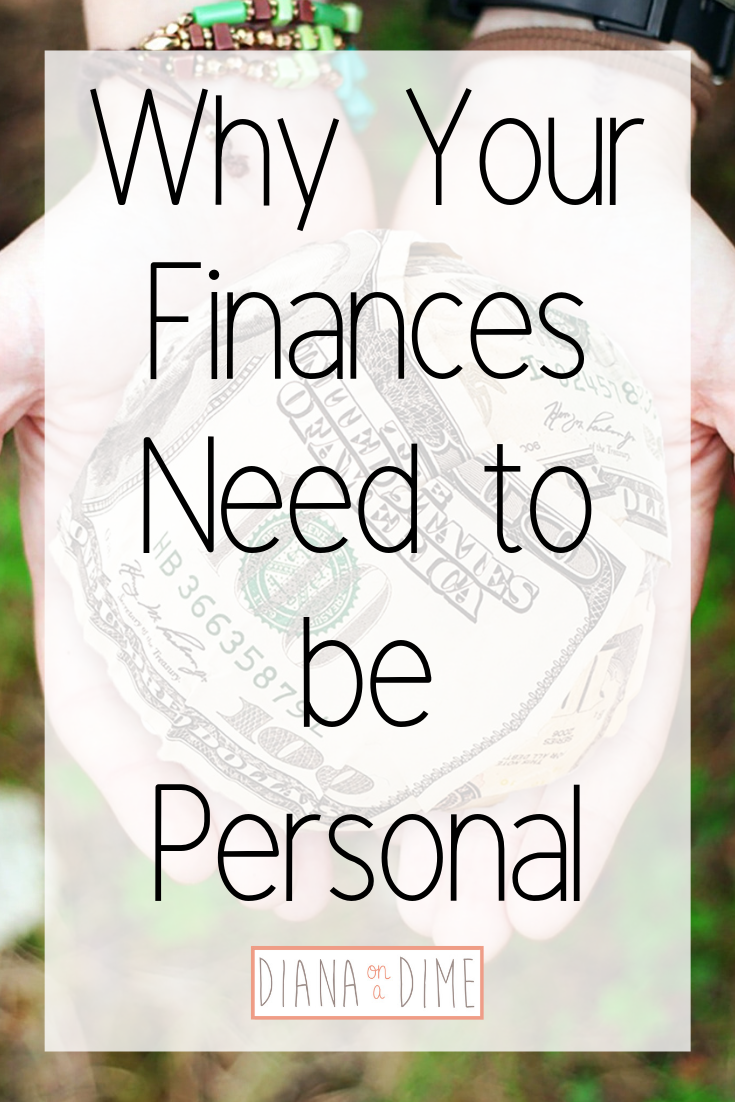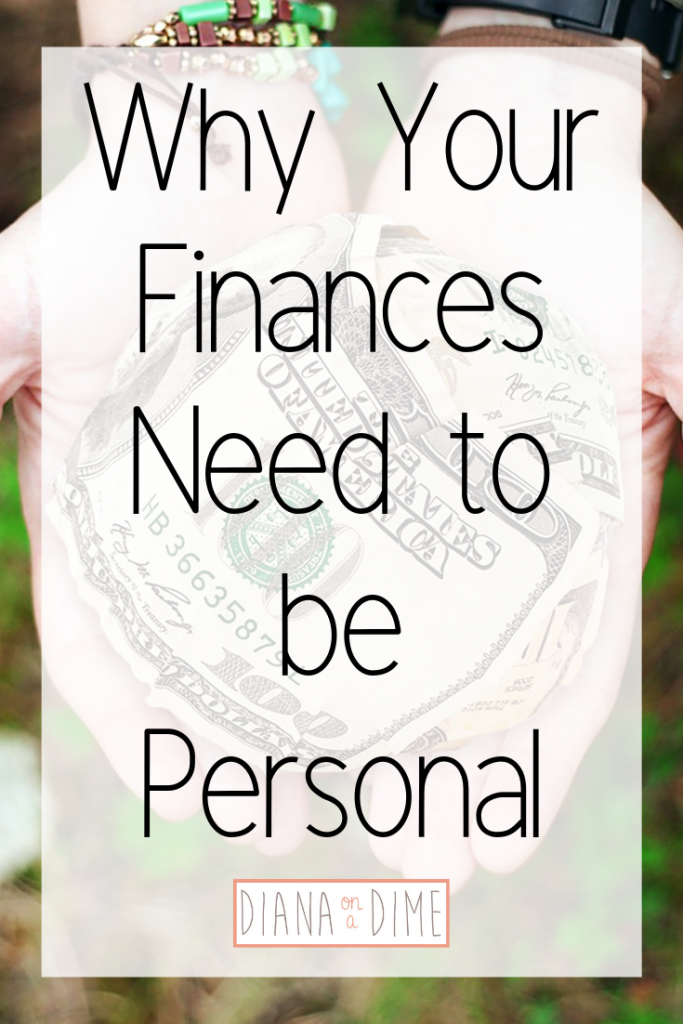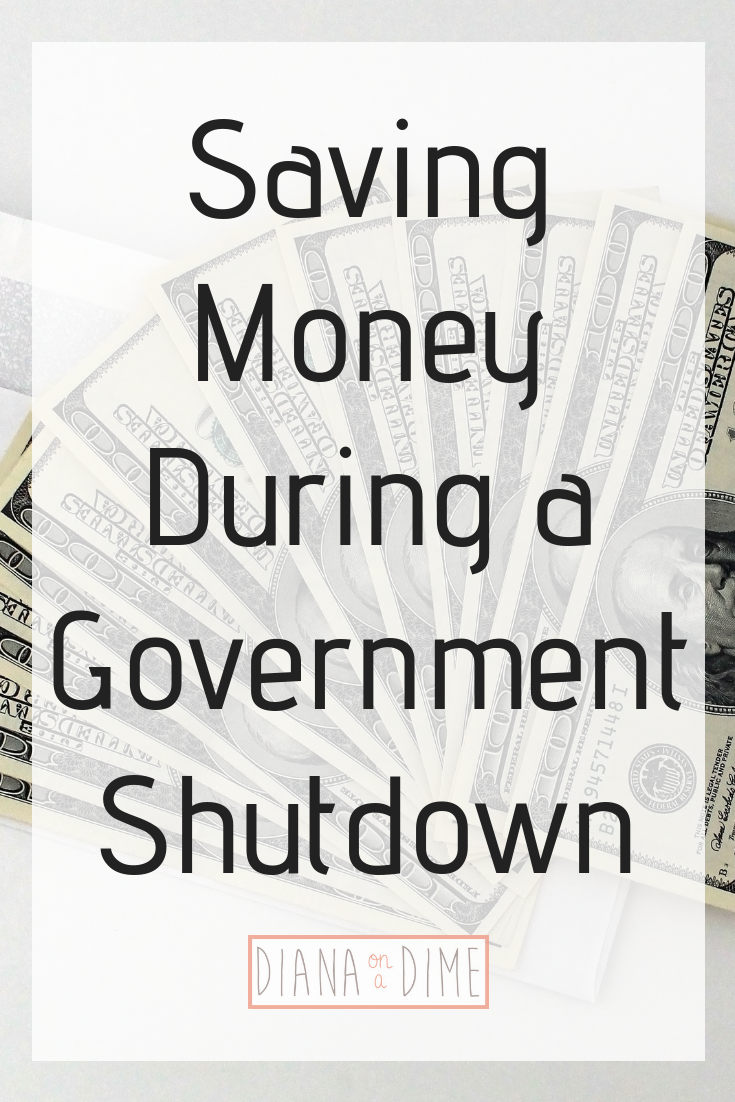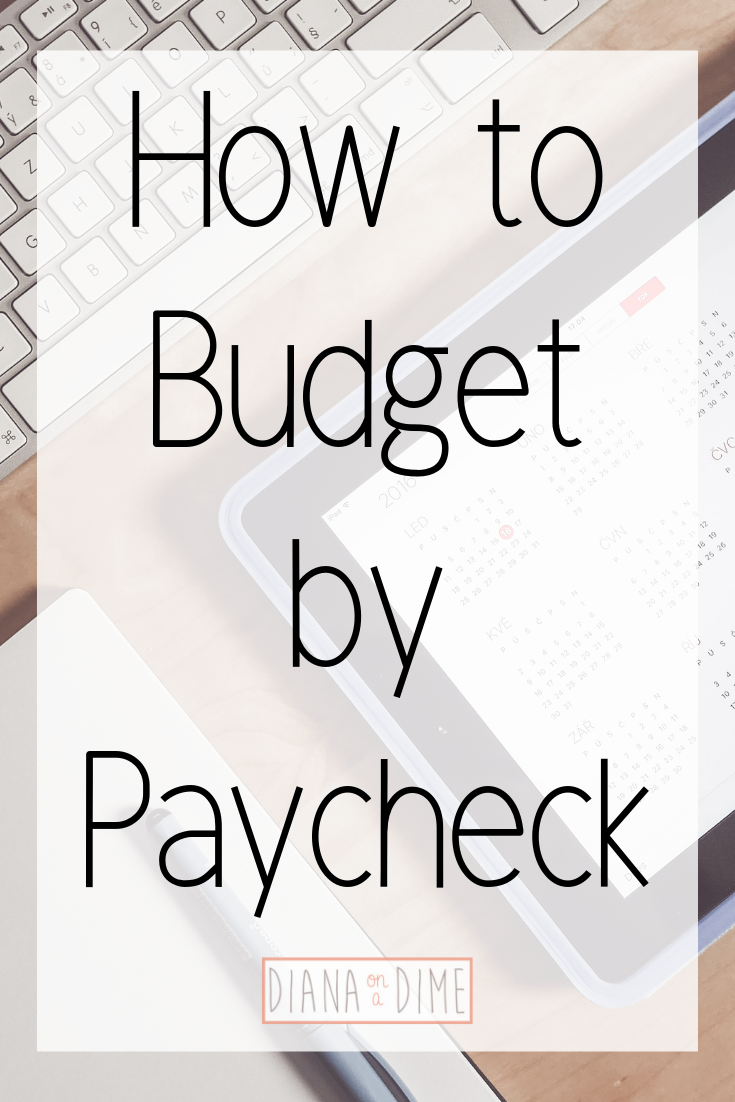Why Your Finances Need to be Personal
This post may contain affiliate links. Check out my Disclosure Policy for more information.
I’m a huge advocate for personal finance. I think it should be a high school graduation requirement. I know that this currently is not happening in most high schools, but the reality is that it’s too important not to require it in our curriculums.
For most people, unless they are personally interested in personal finance, they won’t know how to manage their finances. This lands so many people in very scary financial situations, me being one of them.
When I graduated from high school I was under the impression that student loan debt was okay, it was good debt! I’d get a job post grad and have no problem paying them off.
The only issue was that I took out $200k for a teaching degree. There was no chance I’d be making enough to pay my minimums when I graduated AND support myself, it literally didn’t add up. Of course, I didn’t realize this until I got that massive first bill in the mail.
Lucky for me, I hit my financial breaking point in my first few weeks of grad school and was in a position to make some radical changes to help myself dig out of this massive hole I was in.
I started searching the Internet for all things personal finance. I was ready to create a plan and get myself on a budget. There are tons of people out there spouting out personal finance advice, me being one of them.
But I caution you to blindly follow anyone’s advice when it comes to your finances. And here’s why.
1. Your finances are unique to your situation.
The advice that is out there on finances is solid. It’s good advice and it’s always good to consider it when you are in a situation. But, you shouldn’t blindly follow any one piece of advice. You need to look at your personal situation and determine how you can apply it to your life.
For example, the classic one is the $1,000 emergency fund that Dave Ramsey has as his baby step 1. I agree with him that you shouldn’t have thousands and thousands of dollars sitting in an account, if you have thousands and thousands of high interest debt.
However, I don’t agree that this is a one size fits all situation. Personally, I did 1 month of expenses and then started tackling my debt, but I continue to contribute money to my sinking funds and emergency fund every single month. It’s not much, but it makes me feel better about my very long debt free journey.
2. Life is constantly changing and so should your finances.
If you blindly follow a plan and don’t adjust for what is happening in your life, you will end up right back to where you were. As your life changes and progresses, your finances should reflect that.
When I first graduated, my goal was to pay off my debt ASAP. I’ve paid a ton of debt off, $124k in about 3 and a half years to be exact. My budget has changed a lot since that point because now I’m planning to move out of my parents house.
I’m making sure that I’m prepared for this move by increasing a few of my sinking funds and my emergency fund. I’m still making extra debt payments, but I’m also making sure to fill my emergency fund and sinking funds in preparation.
3. Your long term goals are unique to you.
For me, my ultimate goal is to have financial freedom. To be able to work a job I love, not a job for a paycheck. This is important to me and so my budget reflects this. I continue to save and invest money every single month because I know being in my 20s means I have time on my side.
This doesn’t mean I’m sending a ton of money every month to these goals, but I am increasing them as I pay off my high interest debt. For me, once my high interest debt is gone, my money is working better for me in investments based on returns.
This is going to be different for you and what your long term goals are. The only way to reach those goals is if your budget today reflects small moves to get you there.
Take the time to learn about your finances to create a plan unique to you.
What it comes down to is taking the time to actually figure out your finances. If you don’t want to take the time, then you’re not going to see the results. Of course, you can utilize the plans that people share, I would just caution you to follow them blindly.
I encourage you to figure out a plan that works for your specific situation and goals. It’s a hard process, but it is so worth it in the end. I offer email coaching, if you need help getting yourself started, shoot me an email to join the waitlist. How do you make your finances personal?





